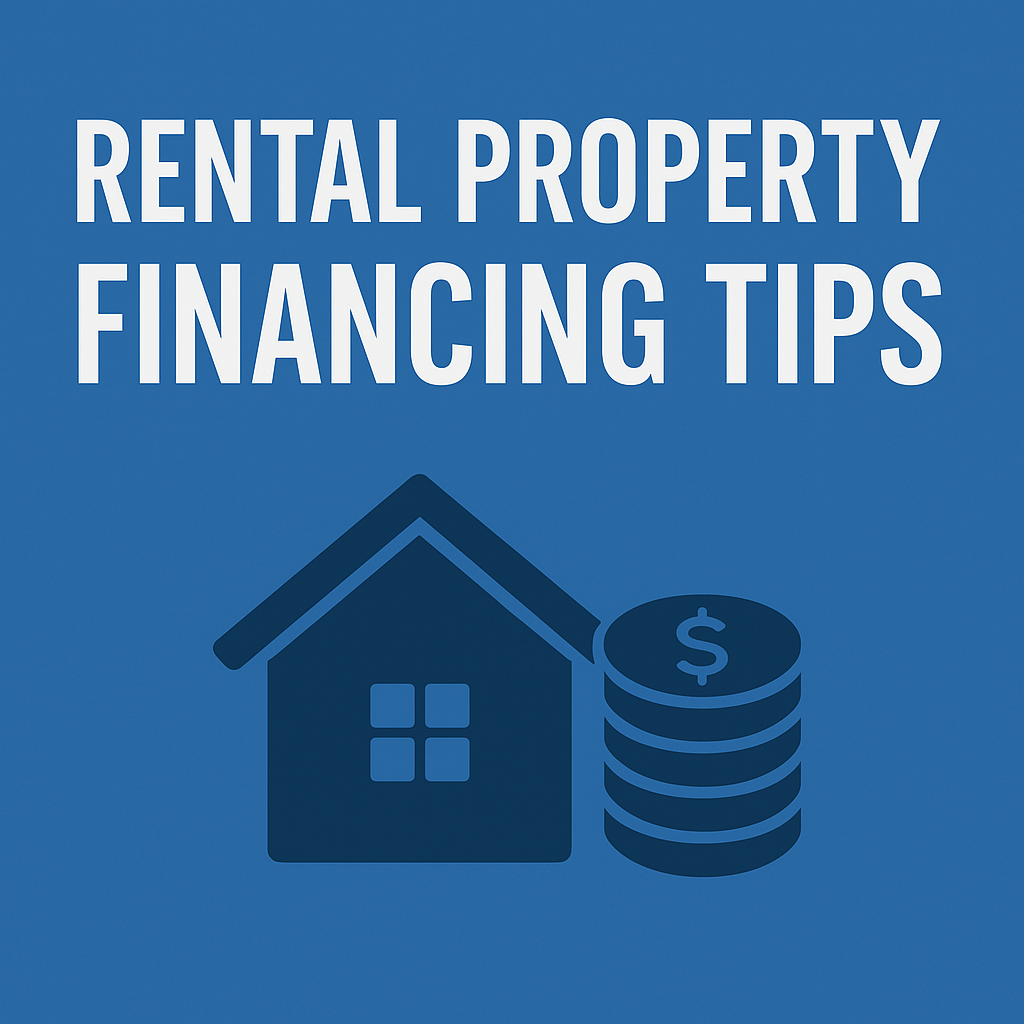If you’re thinking about diving into rental property investing—or already have a few under your belt—having a solid financing strategy is absolutely essential. After several years of owning rental properties ourselves, we’ve picked up some key lessons that can make all the difference between a smooth investment journey and one riddled with unnecessary headaches. Here are some hard-earned insights to help guide your next move.
1. Move Fast with Hard Money or Private Loans
When a great investment opportunity pops up, speed is everything. Traditional bank loans are often too slow and cumbersome for the fast pace of real estate. That’s why we recommend starting with a hard money loan, private loan, or even your own cash if it’s available.
Yes, these options might come with higher upfront costs, but the tradeoff is worth it. They allow you to close quickly and confidently—crucial in competitive markets where hesitation can cost you the deal.
2. Plan to Refinance (But Be Smart About It)
After you secure the property with fast financing, the next step is refinancing with a bank. This is where you transition into more favorable long-term loan terms. But a word of caution: don’t let lenders overextend your budget.
Some banks may offer more financing than you truly need—tempting, yes, but potentially risky. Take only what makes sense for your business model and make sure the refinance still supports healthy cash flow.
3. Keep an Eye on Cash Flow and Cushion
Rental properties can be incredibly rewarding, but they’re not without surprises. Maintenance issues, vacancies, and unexpected expenses happen. To protect your investment, build in wiggle room. Make sure the property is cash flow positive and that you’re not stretching your budget too thin.
A solid equity cushion gives you breathing room and peace of mind.
4. Maintain Equity—Don’t Over-Leverage
One of the most important lessons we’ve learned: always maintain strong equity in your rental properties. Over-leveraging might boost your short-term buying power, but it creates long-term vulnerability.
Markets shift. Emergencies happen. If you ever need to sell a property quickly, having equity in the deal ensures you’re not stuck or taking a loss. It’s your financial safety net.


